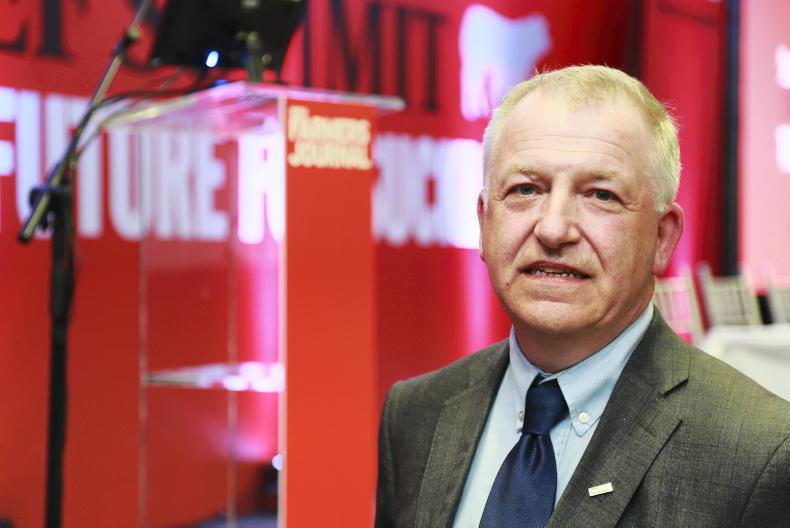The Beef Plan Movement has questioned the scientific basis for the promotion of dairy beef over suckler beef by Teagasc director Professor Gerry Boyle.
The drystock farmer body pointed out that €300m had been spent over the last six years improving the genetic merit of the Irish suckler herd.
This initiative was undertaken to “improve the environmental impact” of beef production, the Beef Plan Movement claimed.
The beef farmer body claimed that a similar level of research into the beef characteristics of dairy progeny has not been undertaken.
Genetics
“The reality is, genetics has a huge influence on the efficiency and sustainability of beef production - in fact, terminal traits have some of the highest heritability,” Beef Plan stated.
However, it maintained that less than 7% of the EBI is related to terminal traits, despite the fact that each year, up to 80% of dairy calves go straight into the beef sector.
“On that basis, how can Prof Boyle suggest that producing beef from a sector that is genetically designed to have poor terminal traits is somehow better for the planet?” Beef Plan Movement asked.
The beef representative group claimed that the Irish dairy sector, and Teagasc under Prof Boyle’s guidance, has followed a New Zealand model, where the calf is an inconvenience.
“Teagasc has previously admitted that it has not even considered the impact of the calves when guiding the expansion of the dairy herd. That expansion, while lucrative to the dairy sector, has had a devastating impact on Ireland’s agricultural emissions,” Beef Plan Movement maintained.
“Suckler beef is sustainable. From 2004 to 2012, we had over one million suckler births and we were able to reduce of agricultural emissions by 10%.
“Based on the latest figures for nitrates, the average suckler cow produces up to 63% less nitrates (and by extension, emissions) than top performing dairy cows,” it pointed out.









SHARING OPTIONS